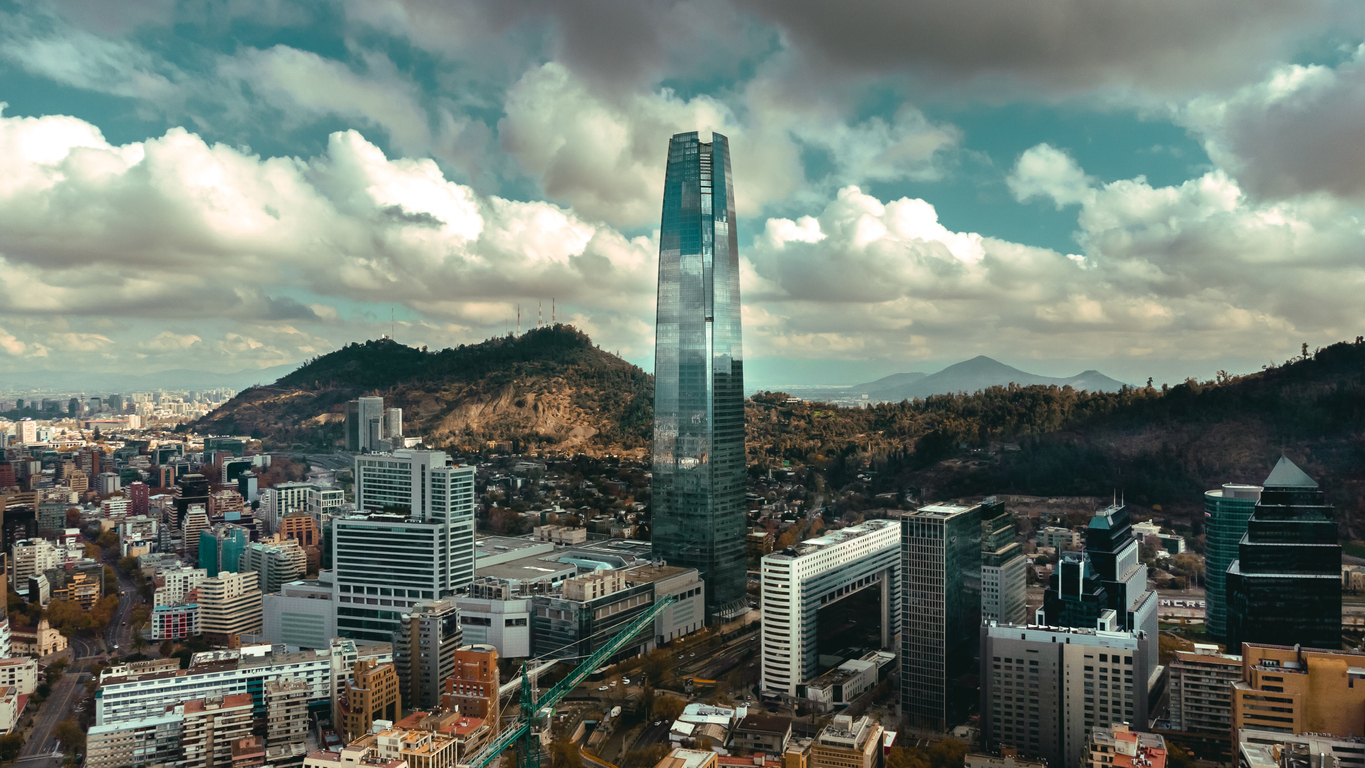
A collective sigh of relief was heard from markets and investors on Friday as newly elected Chile president Gabriel Boric just revealed his cabinet members, picking the current head of central bank Mario Marcel as finance minister.
Boric announced his cabinet members at an event in Santiago and will be taking office March 11, during which he will only be 36, one of the youngest presidents Chile has seen. Many markets and investors, including the mining sector, had increasing concerns surrounding the young leftist president as he has made claims in past weeks prioritizing the environment and social changes over proceeding with expansions and building new mining projects.
Boric’s decision of choosing lawmaker Marcela Hernando for the key role of mining minister and Marcel for finance minister looks to be a sign of gradual rather abrupt changes for the economy, especially the mining sector. Markets and investors feel hopeful these experienced individuals will lead the country towards economic stability and an agreeable balance between environmental needs and mining enough copper and lithium to help meet the current high demand.
Diversity
Boric’s new government is made up of a politically and socially diverse group, choosing to give 14 out of the 24 positions to women as well as several former student protest leaders. The young president and inclusive cabinet reflect the desire to change outdated laws and regulations the country has, as Boric has previously announced one of his major steps as president is to draft a new constitution changing laws surrounding the environment, the lqtbq+ community, gender inequality and more.
“This Cabinet’s mission is to lay the foundations for the great reforms that we have proposed in our program,” Boric said after unveiling his ministers, adding that it would look to drive economic growth while cutting out “structural inequalities.”
Copper and Lithium
Chile is the world’s largest copper producer, and home to some of the biggest copper mining companies in the world, including state-owned Codelco, BHP, Glencore, Anglo American and Antofagasta. 2022 and onward is seeing a huge demand for both lithium and copper as many companies head towards using green energy sources and infrastructure. A huge demand for both metals comes from the electric vehicle movement, in which both are used to make batteries for the vehicles so they do not have to rely on fossil fuels, and to generate energy from sources such as solar and wind power.
“One of Boric’s biggest challenges will be cooling down the economy and retaining popular support,” Oxford Economics said in a report, adding that the young leader would face pressure to increase social spending while meeting tighter budget targets.
This is especially true within the mining industry as Boric already made several remarks in the past about not following through with certain mining operations. One example of this is when Boric pledged to oppose the $2.5 billion iron-copper mine, known as the Dominga mine, which was just approved in August after years of legal battles back and forth.
Although no further update has been given regarding the Dominga mine, markets and investors are hopeful Boric and his new cabinet members will guide the country to more economically stable grounds and continue to support the mining sector as the demand for copper and lithium continues to remain high.



 Follow us on Twitter
Follow us on Twitter Become our facebook fan
Become our facebook fan










Comments are closed.